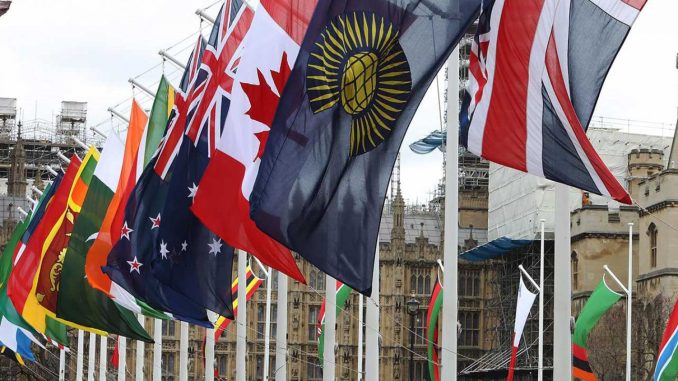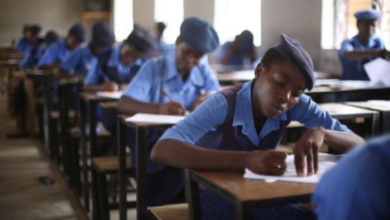Nigeria Appointed Into Commonwealth Finance Minister’s Group

Nigeria has been appointed as Deputy Chair for Finance Ministers Working Group for Commonwealth Call for Reform of the Global Financial Architecture.
The Blueprint reported that the appointment was made during the inaugural Commonwealth Finance Ministers High-Level Working Group meeting on the margins of the 2023 World Bank Group and the International Monetary Fund (IMF) Spring Meetings, held in Washington DC on April 14, according to the International Centre for Investigative Reporting (ICIR).
The ministers who also agreed for India to be the chair, called for a systemic reform of the global financial architecture to enhance access to development financing for vulnerable countries.
Discussions centred on national fiscal policies, measures for financial sustainability, eligibility criteria for development finance and potential reforms required for a more equitable financial architecture.
In her opening remarks, the Commonwealth Secretary-General Patricia Scotland, said to create meaningful change, the global financial system must take into account the realities of vulnerability when allocating support to developing countries.
Scotland highlighted that the Commonwealth’s Universal Vulnerability Index provides a solid basis to better target support for those who need it the most.
Similarly, while delivering a keynote address at the working group meeting, the Prime Minister of Barbados, Mia Mottley, noted that the continued discriminatory treatment between the Global North and the Global South, was not sustainable.
“The time is now for action and to ensure that the global financial system is fit for purpose,” Mottley said.
The working group meeting also gave ministers an opportunity to focus on the urgent need to influence the global financial architecture, which is still underpinned by fiscal rules and conditions deemed unfit to meet the needs of the current global economic landscape and overlapping challenges.
Eligibility criteria for accessing concessional finance are usually based on sole metrics of gross national income (GNI) per capita, which mostly disregards national vulnerabilities.
However, recent overlapping crises have exposed and provided evidence of countries’ susceptibility to external shocks.
The meeting pointed that the traditional rules and governing conditions for access to international development finance are no longer relevant in this era of interlocked and overlapping crises.





